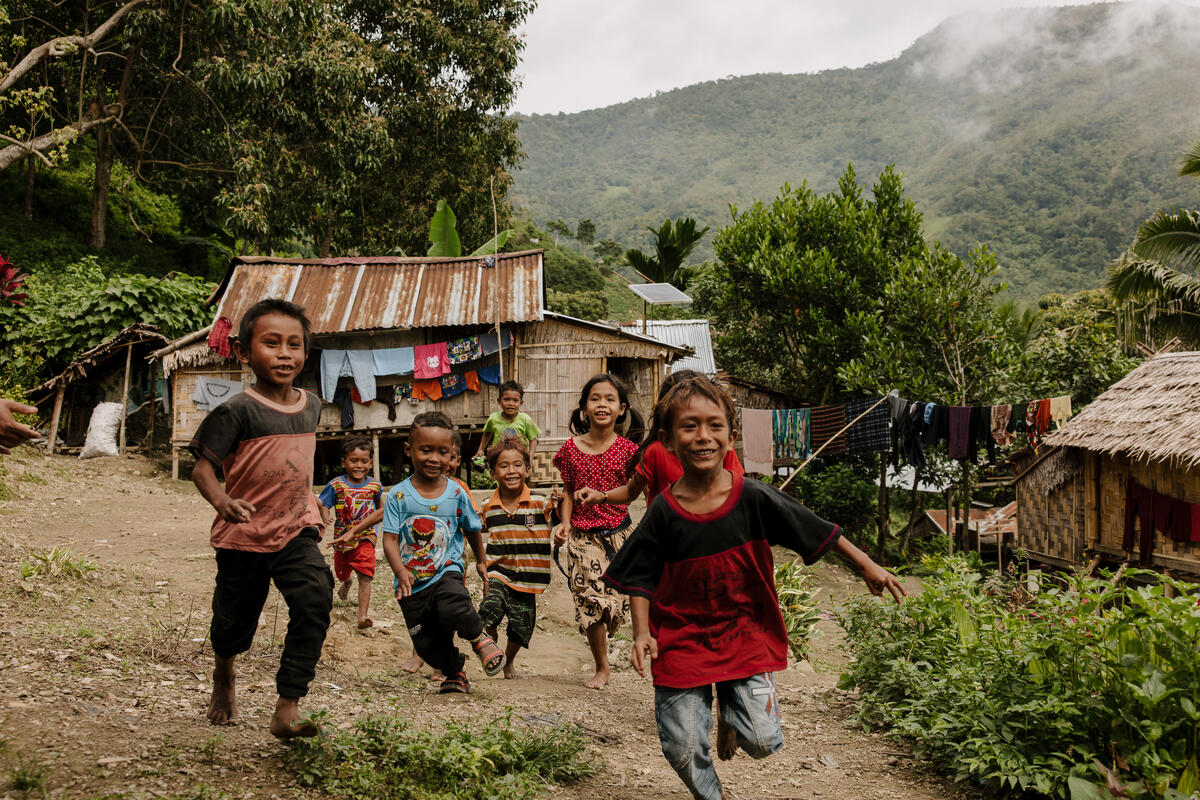World Vision International on its verification renewal: Challenging our assumptions and keeping quality on the agenda
As World Vision International (WVI) renews its CHS independent verification, Alexandra Levaditis from WVI’s ’s Global Disaster Management team explains why the organisation renewed, what changed, the reality of the process and where the sector should push next.
“An external verification galvanises the organisation,” says Levaditis.
“We did our first verification in 2021 and then put in place a systematic plan to make changes in areas identified as weaknesses. We secured a global grant to support this, which helped us be intentional about developing resources and rolling them out. I want to be real – we’re challenged by the cost and staff time- it’s significant. But the process validates, or challenges our assumptions and keeps quality on the agenda.”
“Ultimately, accountability is cost-effective. If you implement without knowing whether you’re having an impact – or whether people want the services -that’s a waste, especially with limited resources.”
“The Standard itself is a vehicle for coordination because it puts everyone on the same page regarding expectations.”

Picture from World Vision – Wana is home to 60 families from the Kaili tribe, an indigenous ethnic group who were once nomadic and only built permanent homes in the community after the government intervened. World Vision are actively supporting the community with healthcare, medication and malnutrition support through their child sponsorship programme.
With this new audit process, WVI wanted to check progress and whether “changes were actually happening.” Levaditis shares the following results:
Four things we changed through the re-verification process:
- “The audit flagged inconsistent evaluation, so after a review we created Learning for Adaptation –a consolidated, field-led learning approach that puts field offices in the driver’s seat of their learning agenda. It’s been tested in Somalia, Ukraine and Sudan. It will be rolled out more widely over the coming year.
- While not a formal weakness, improving access to learning was identified and with this in mind we built World Vision Relief, a platform to make response knowledge broadly accessible.
- Similarly, a new digital complaints and case-management platform has been launched. The intention is to replace spreadsheets across the organisation over time, giving us consistent handling, safer escalation, and trend analysis.
- The process also gave us some reflections on local partnering. We have now standardised our approaches and tools , co-designing exit planning in targeted responses, and are running our first global partner survey to surface what’s working and where to improve. Our complaints platform is now also open to partners”/
What surprised, and encouraged World Vision International
A pointed observation from the first audit asked whether WVI is consistently reaching the most vulnerable – the core of the organisation’s strategy. WVI commissioned research with ODI/HPG, and refined how vulnerability is understood in context.
Community feedback showed a change: people felt listened to, needs were addressed, and mistakes were corrected openly.
“There isn’t a single tool that works everywhere,” Levaditis notes. “Context matters. We’ve improved, but we’re still working on it. The Standard aligns with our mission to serve the most vulnerable and to work respectfully with local communities.”
Any advice to NGOs considering CHS independent verification? Levaditis gives these three tips:
- “Budget and prepare for real work – but expect real value. External verification sharpens accountability and drives improvement. But alongside it there’s real work and additional implementation costs .
- Bring partners along. Share tools and co-create improvements that reduce duplication.
- Own the follow-through. The return comes when findings translate into resourced, time-bound changes.”
Where we can push next
“We’re at a crossroads,” says Levaditis. “Some push for localisation and accountability; others prioritise direct implementation as if quality isn’t core. Donors hold the levers. If they demand locally led, accountable responses, agencies will respond.”
Levaditis defines this as sustained advocacy for recognition and due diligence passporting, and practical pathways (like opportunities for enhanced self-assessment) that keep verification accessible, particularly for local actors.
“We may use different language, but the aim is the same: serve the most vulnerable, partner respectfully with communities, and support local leadership. Verification helps us see where we’re living up to that – and where to improve.”
To find out more about the CHS Alliance’s verification processes visit Verify | CHS Alliance
Alexandra Levaditis, Senior Director, Humanitarian Effectiveness at World Vision International has now left the organisation. Please direct any enquiries to Randini Wanduragala, CHS Verification Manager Randini_Wanduragala@wvi.org
